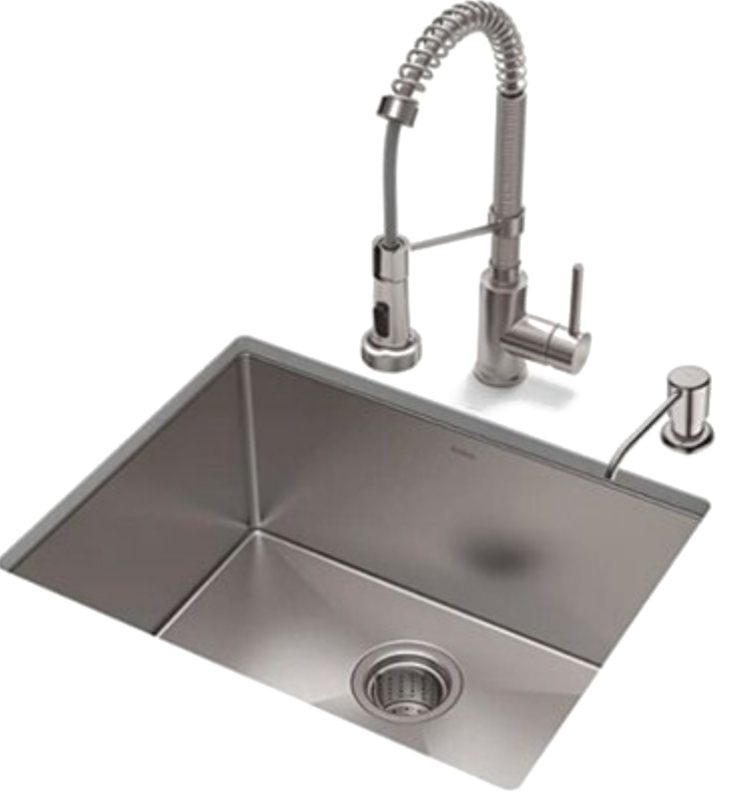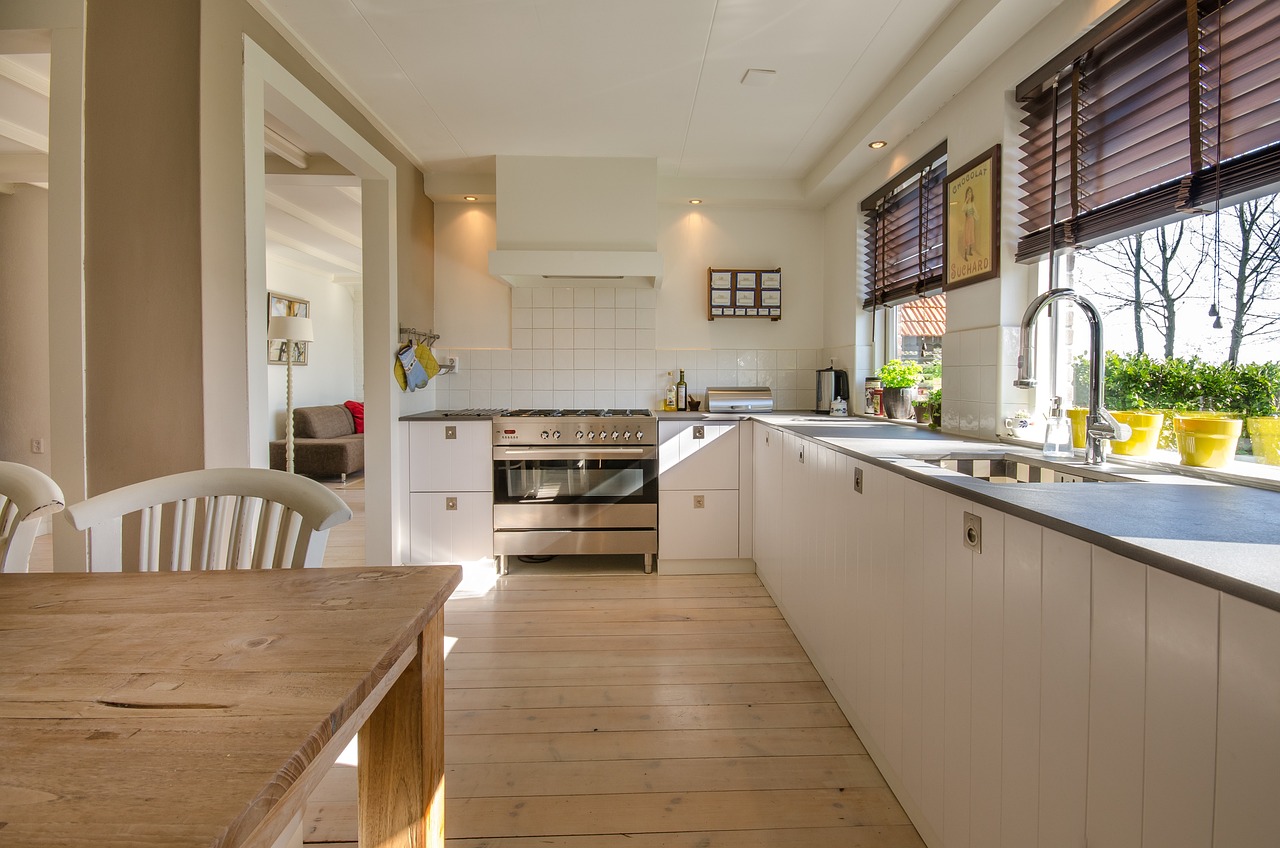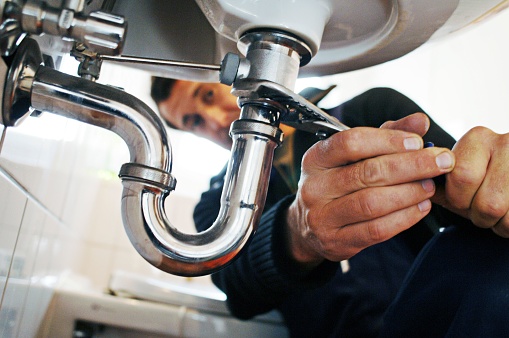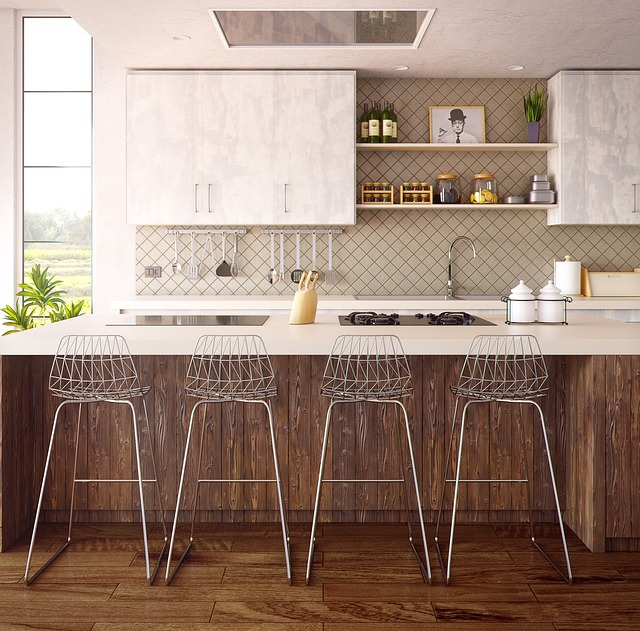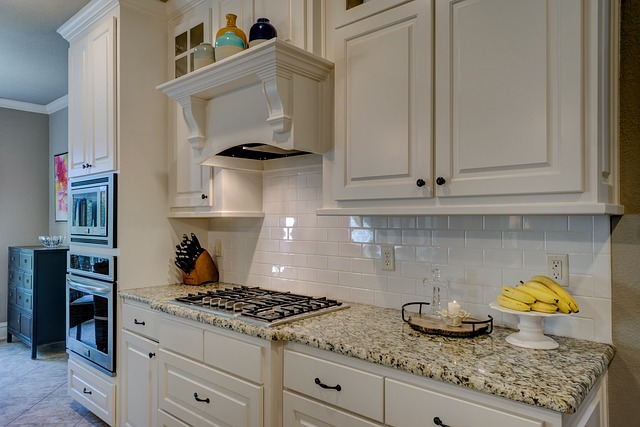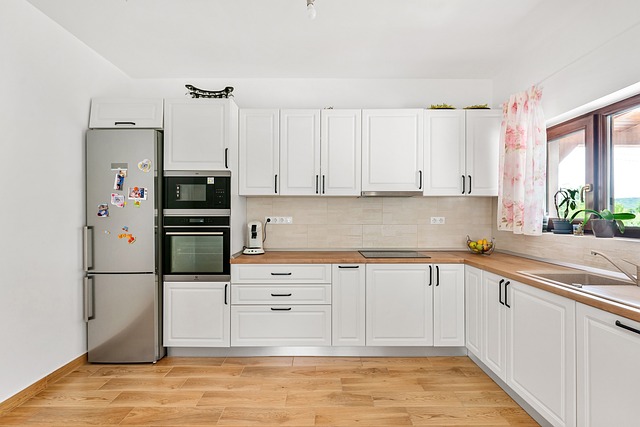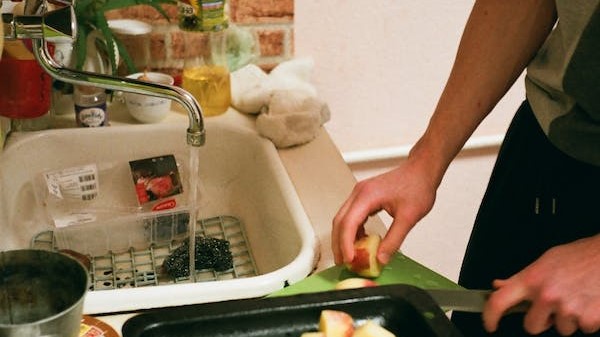Is it safe to pour boiling water down kitchen sink? It might look like a quick and easy way to get rid of grease or food scraps if you pour hot water down the kitchen sink. But this common behavior can hurt your plumbing in ways you didn’t mean. It might help in the short term, like melting grease, but it can hurt your lines in the long term. This piece will go into detail about whether or not it’s safe to pour boiling water down your sink, looking at the possible risks and giving you useful plumbing maintenance tips. By knowing about these things, you can make smart choices and avoid fixes that aren’t necessary.
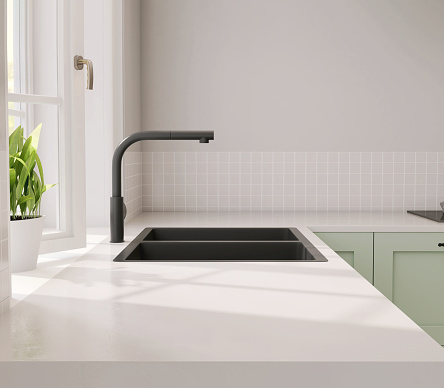
Is It Safe to Pour Boiling Water Down the Sink?
Depending on the pipes in your home, pouring boiling water down the sink might not be safe. People often use PVC pipes in their modern homes. These pipes can soften, warp, or crack when they come in contact with hot water, which can cause leaks. Copper and other metal pipes can handle hot water better because they can handle more heat. But hot water can weaken pipes over time, even if they are made of metal. It can also cause grease to build up, which can lead to clogs. Knowing how your plumbing works and only using hot water when necessary can help keep your sink in good shape and prevent damage.
Common Risks of Pouring Boiling Water Down the Sink
There are some common risks when you pour boiling water down the sink (Section 2.2).
A. Damage to the pipe
PVC pipes can become soft or crack when they come in contact with boiling water. Even though metal pipes are better at withstanding heat, they may still weaken over time if they are exposed to it a lot.
B. Solidification of Grease
Boiling water can melt grease, but it can also make it harden further down the pipes, which could cause clogs.
C. Blocked Doors
Using boiling water a lot can cause blockages that need expensive professional fixes.
Safe Alternatives to Pouring Boiling Water
Instead of putting boiling water down your sink, which can be dangerous, try these safer options. Before you put the water down the drain, wait a few minutes for it to cool down. This will lower the chance of hurting your pipes. Second, use cold water to rinse items that are greasy. This helps the grease harden, which makes it easier to scrape off before washing. Lastly, keep your drains in good shape by flushing them with a blend of baking soda and hot water on a regular basis. This will keep them clear without damaging your pipes. By following these tips, you can keep your pipes safe and keep your sink clean and working.
Final Thoughts
Pouring hot water down the sink might work in the short term, but it could damage your pipes and cause clogs in the future. Knowing what kind of pipe you have and using safer methods, like running cold water through the garbage sink and keeping your drains in good shape, can help you avoid these problems and keep your plumbing system in good shape.
